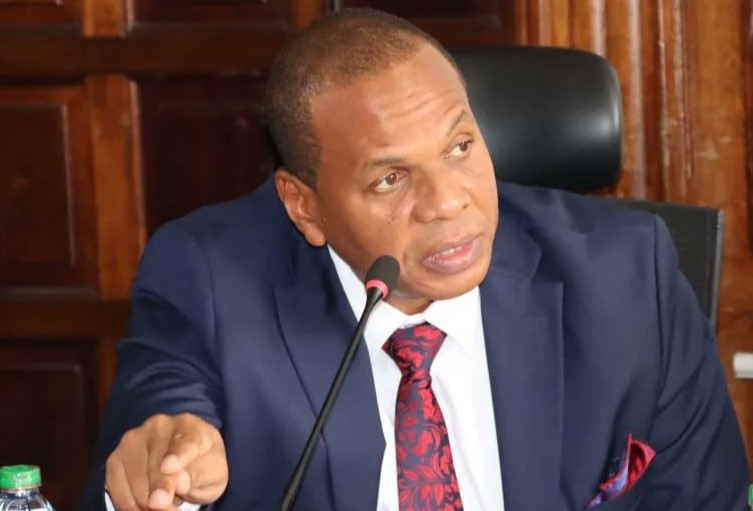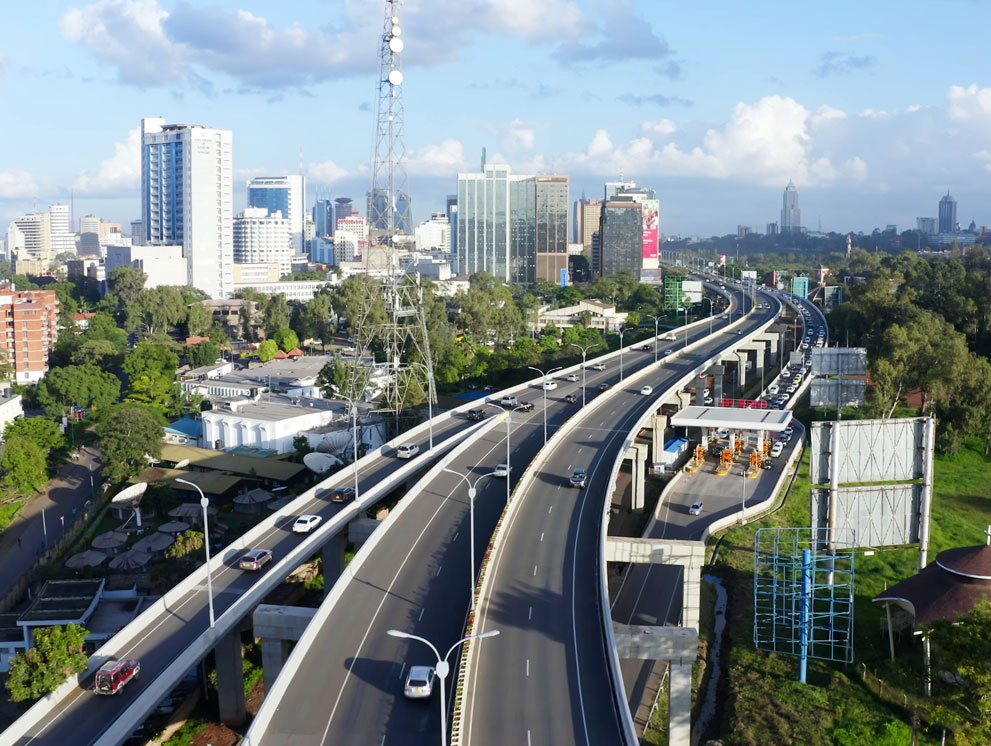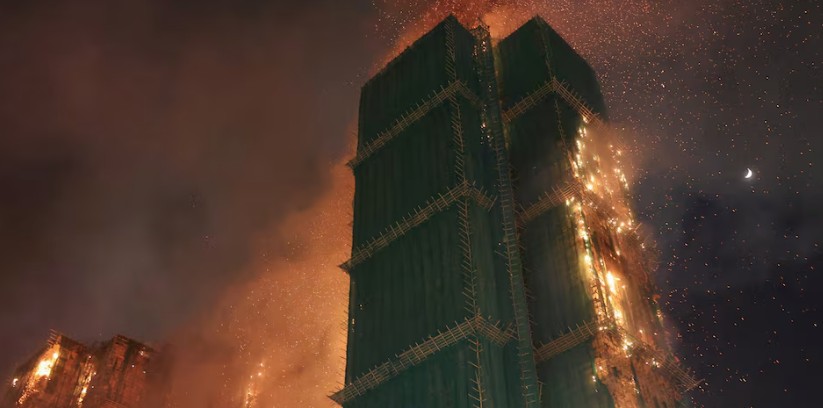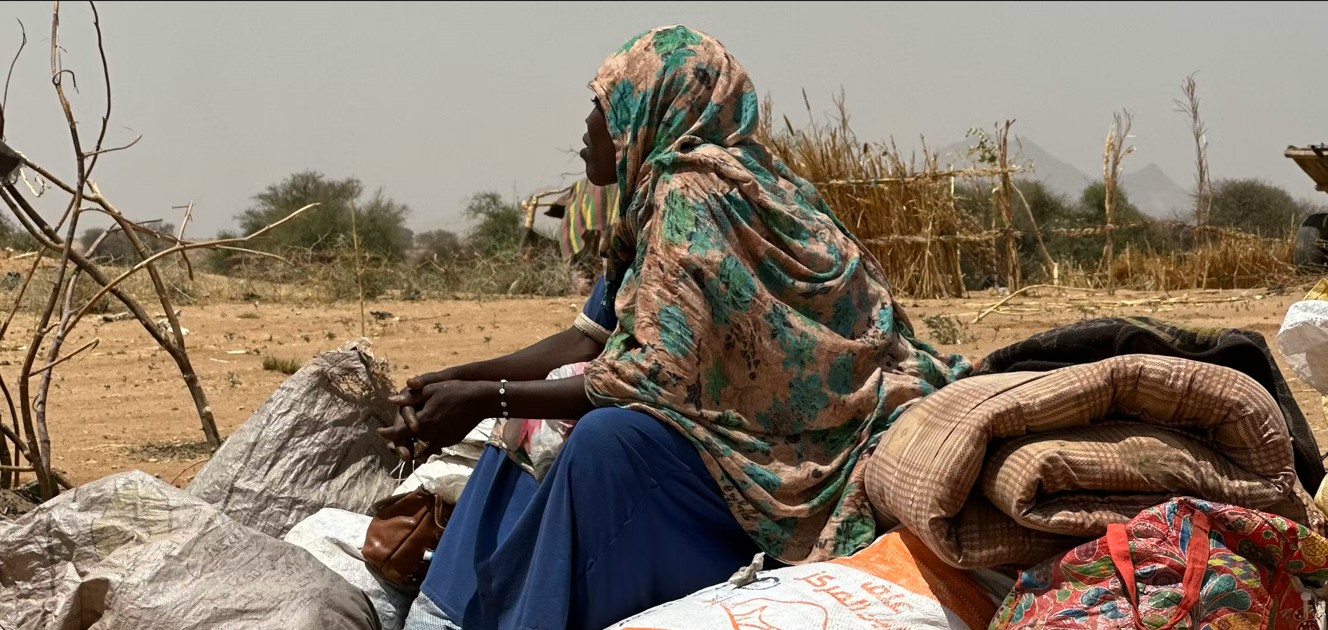Why Lamu’s fuel sellers set up floating filling stations in the Indian Ocean
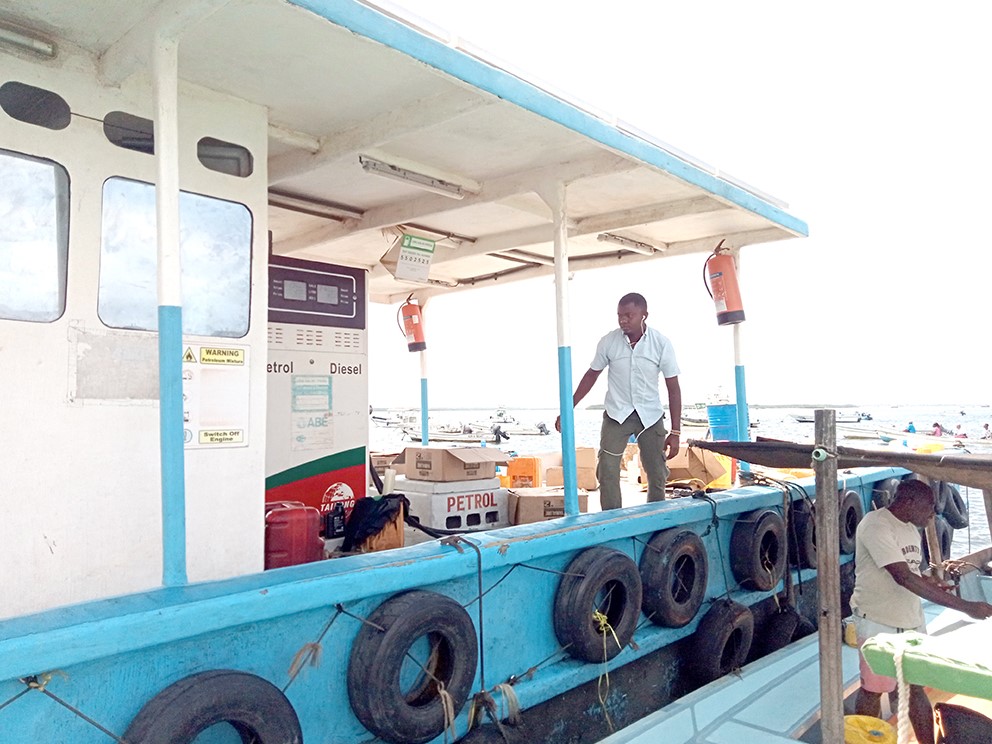
Normally, the refilling of the floating fuel stations is done at night since there are fewer interruptions from sailors.
While it is normal for drivers to stop at filling stations on roadsides to refuel their vehicles and proceed with their journeys, the situation is different in the Lamu archipelago. Here, almost all the filling stations are situated in the middle of the Indian Ocean.
Most transport in Lamu is by water, through boats and dhows.
More To Read
- Museveni roots for unified East African military to address security threats
- Museveni clarifies Indian Ocean comments after Kenya downplayed war talk
- Kenya dismisses war fears as Mudavadi quashes claims of Uganda ‘overrunning’ the country
- Six Iranians arrested as Kenya Navy seizes Sh8.2 billion meth haul in Indian Ocean
- Kiunga residents in Lamu raise concerns over weapon testing near homes
- Muslim ritual meets Swahili culture at Kenya’s unique annual Maulidi festival
Even the few motorists and motorcyclists in places like Lamu Island and Shella have to depend on boats and loaders to send the product back to the mainland.
Here, the floating fuel stations of Lamu are mounted atop huge movable boats and dhows.
The floating filling stations are essentially large, mobile drums designed to store and dispense fuel on the water. These massive structures are engineered to house specially designed storage tanks that can securely hold significant volumes of fuel. The tanks are made to withstand the unique challenges posed by water environments, such as corrosion and changing temperatures.
The stations are equipped with a backup system of specialised jerrycans which are robust, portable containers made to handle harsh marine conditions. The jerrycans provide an extra layer of safety and convenience, ensuring that fuel can be easily transported to and from the main storage tanks, even in emergencies or when the main system is under maintenance.
Overall, floating fuel stations are a crucial infrastructure in areas where conventional fuel stations are impractical, offering a reliable and flexible solution for fuel distribution on water.
There are over 20 floating fuel stations across the Lamu archipelago.
You will find floating fuel stations in Lamu Old Town, Mokowe, Shella, Mtangawanda, Kizingitini, Mkokoni, Kiwayu, and the rest of the archipelago, selling either petrol or diesel.
Fuel dealers interviewed by The Eastleigh Voice said they ferry consignments of fuel via special tankers from Mombasa to Lamu.
One of the dealers, Bakari Ahmed, said that once the fuel is offloaded at the Mokowe depot, it is then loaded onto their cargo boats that carry it across the Indian Ocean to their floating stations. At the floating stations, the fuel is loaded into storage tanks.
“Once that’s done, the fuel is ready to be sold to our customers, majorly the boat operators,” said Bakari.
Normally, the refilling of the floating fuel stations is done at night since there are fewer interruptions from sailors.
Msanzu Baya, a floating station attendant, said business in the Indian Ocean is always good since he can serve up to 1,000 customers in a day.
“We are not bored here as floating fuel station attendants. This place is always busy. We only get to rest at night when there’s less movement by boat operators,” Msanzu said.
The Eastleigh Voice also established that with each passing year, more floating fuel stations have been sprouting on the Lamu side of the Indian Ocean.
But what is the reason for establishing fuel stations in the middle of the Indian Ocean?
In 2014, the Lamu County government directed dealers in petrol and gas products to move their businesses from Lamu town to their current location.
Fire tragedies had by then increased in shops selling petrol and gas, prompting the county administration to take drastic measures. The island has narrow streets which makes vehicle movement impossible.
Business people interviewed said although operating a fuel floating station in the ocean is a costly venture, they make good profits.
Establishing a simple fuel floating station is similar to buying a whole water bus which goes for between Sh2 million to Sh3 million. One has to also install storage tanks, drums and anchor gadgets.
Dealers also incur the costs of having an extra special boat to provide fuel to clients.
“It is an expensive affair to start a floating fuel station. However, we still go ahead to construct the fuel stations since we are convinced by the huge profit accrued when you operate one of such facilities here in Lamu,” said Omar Abdalla, a dealer.
Top Stories Today

